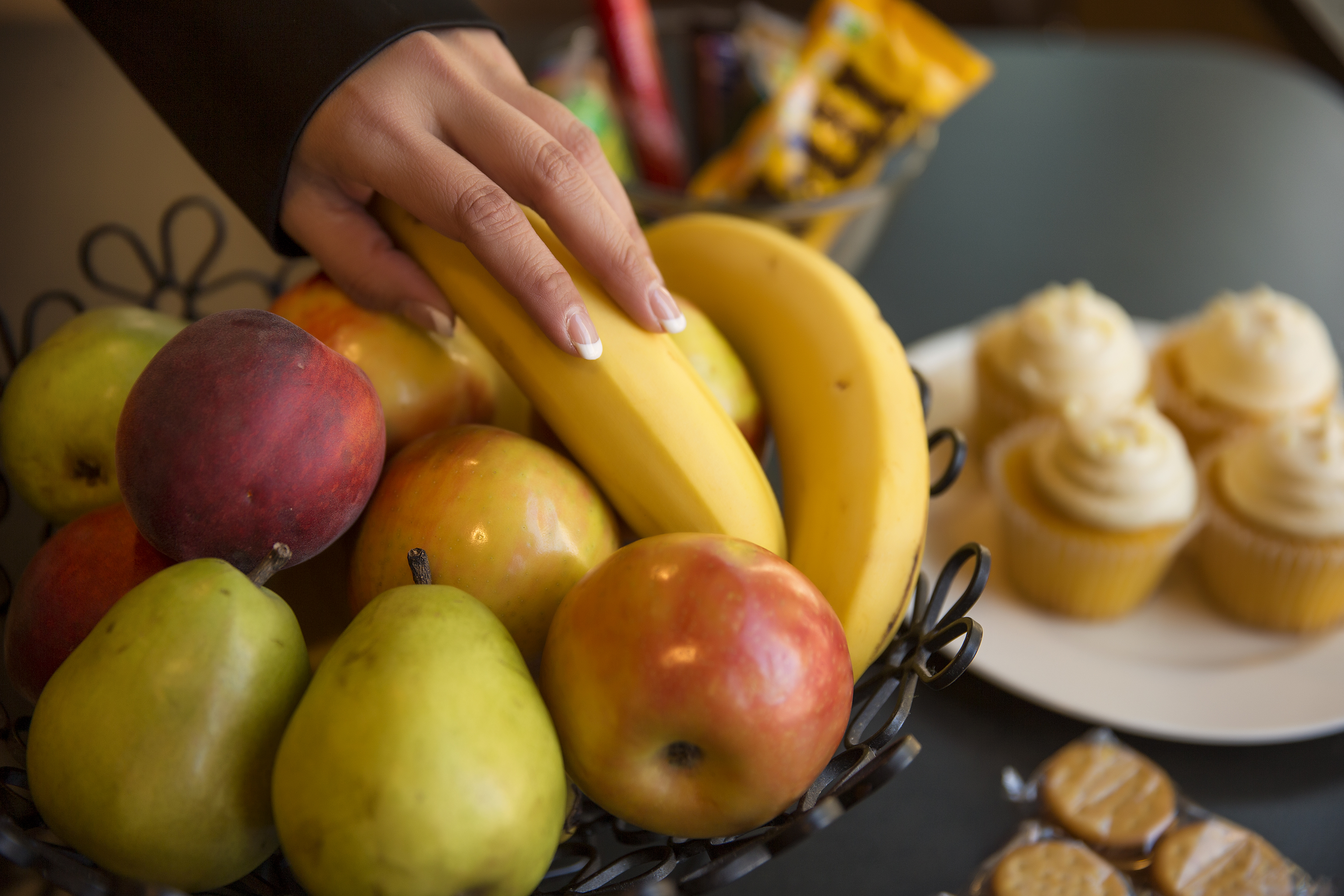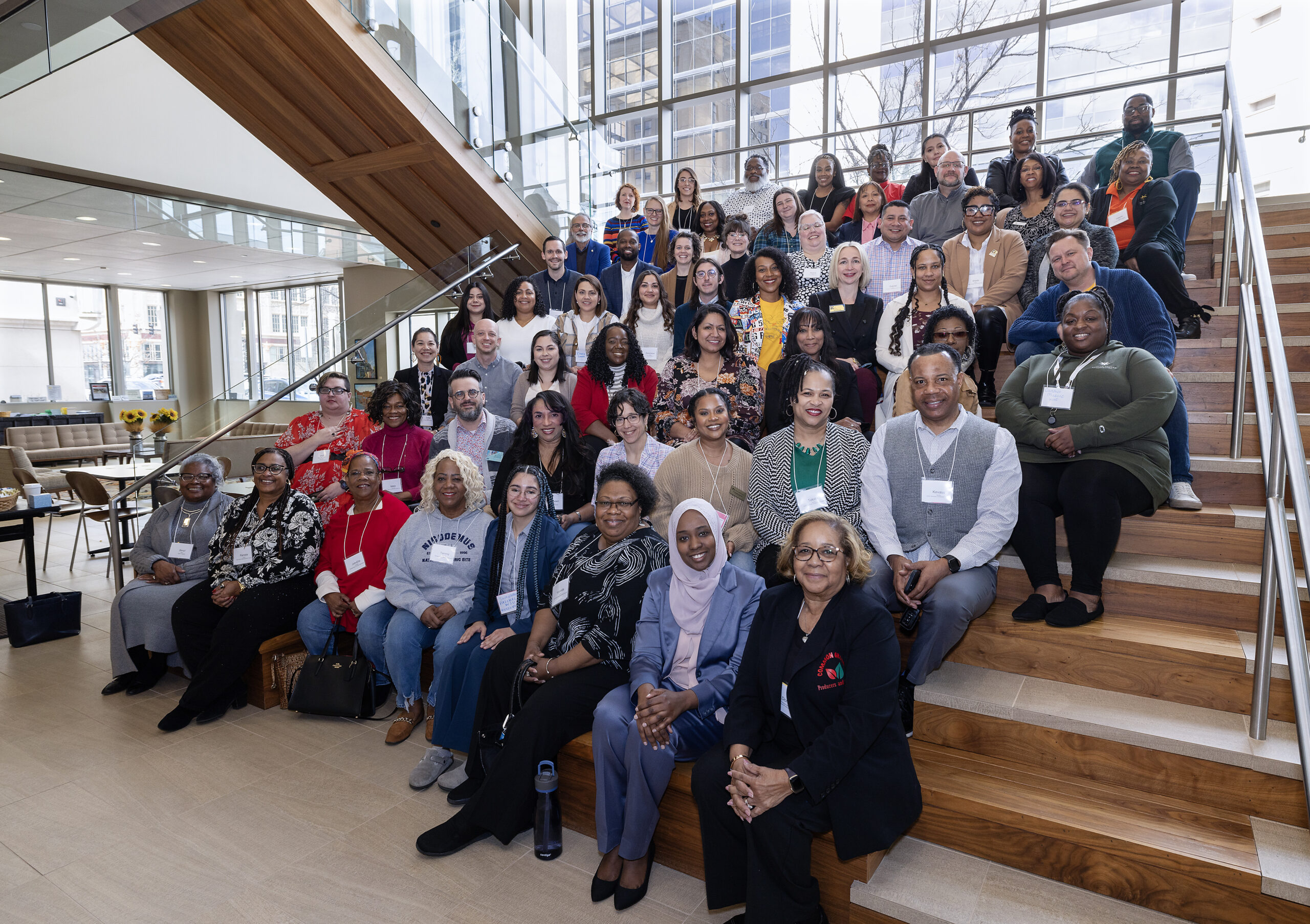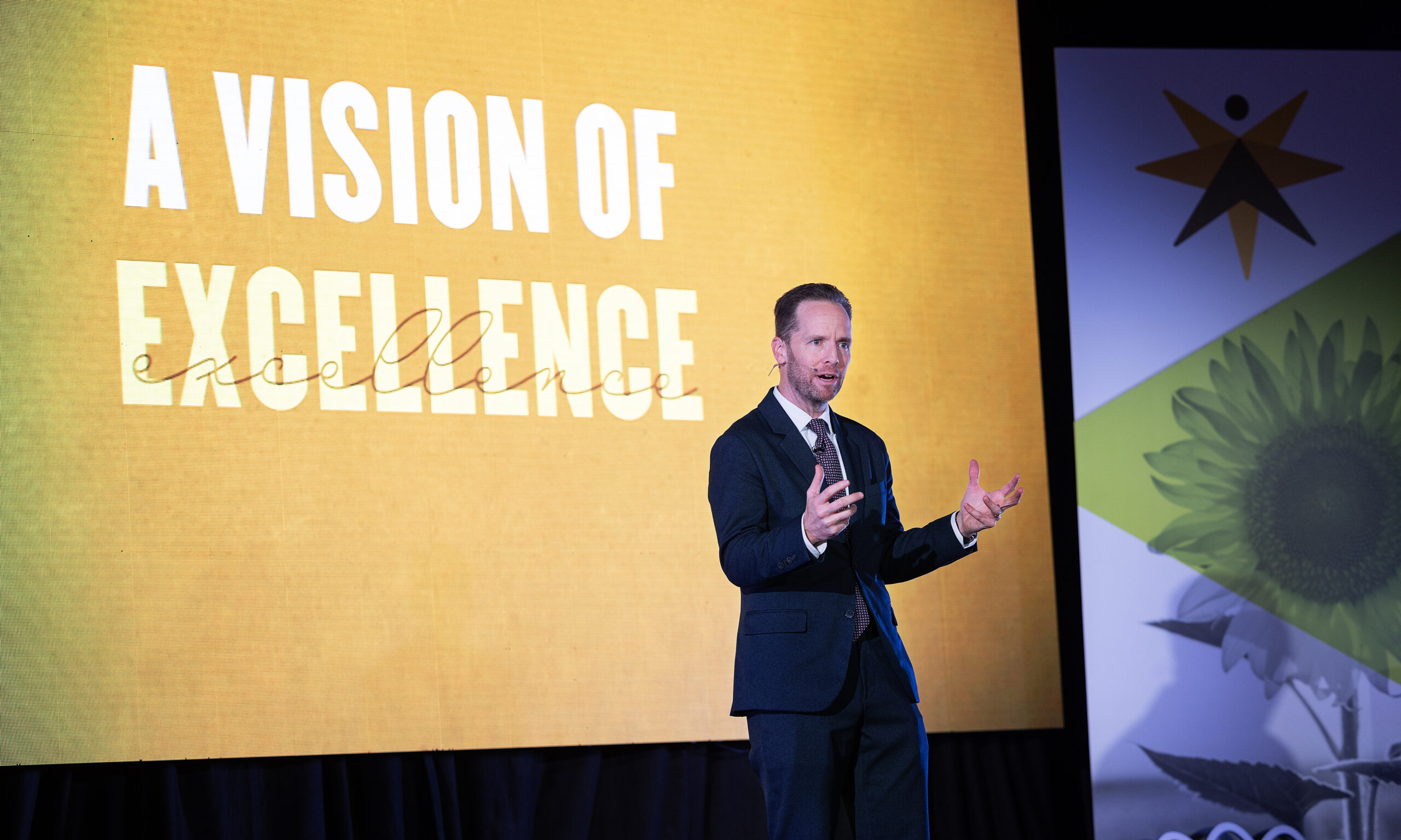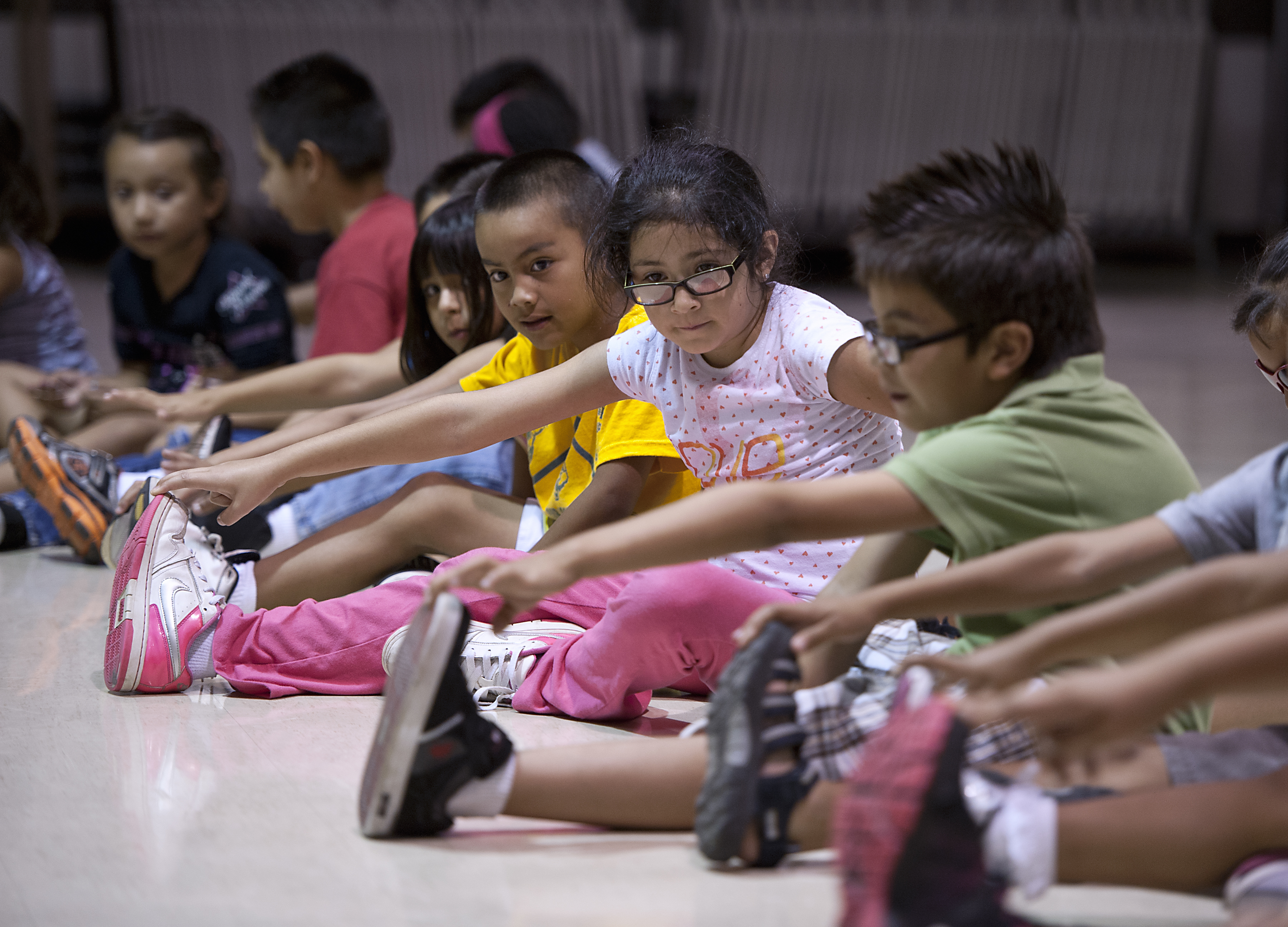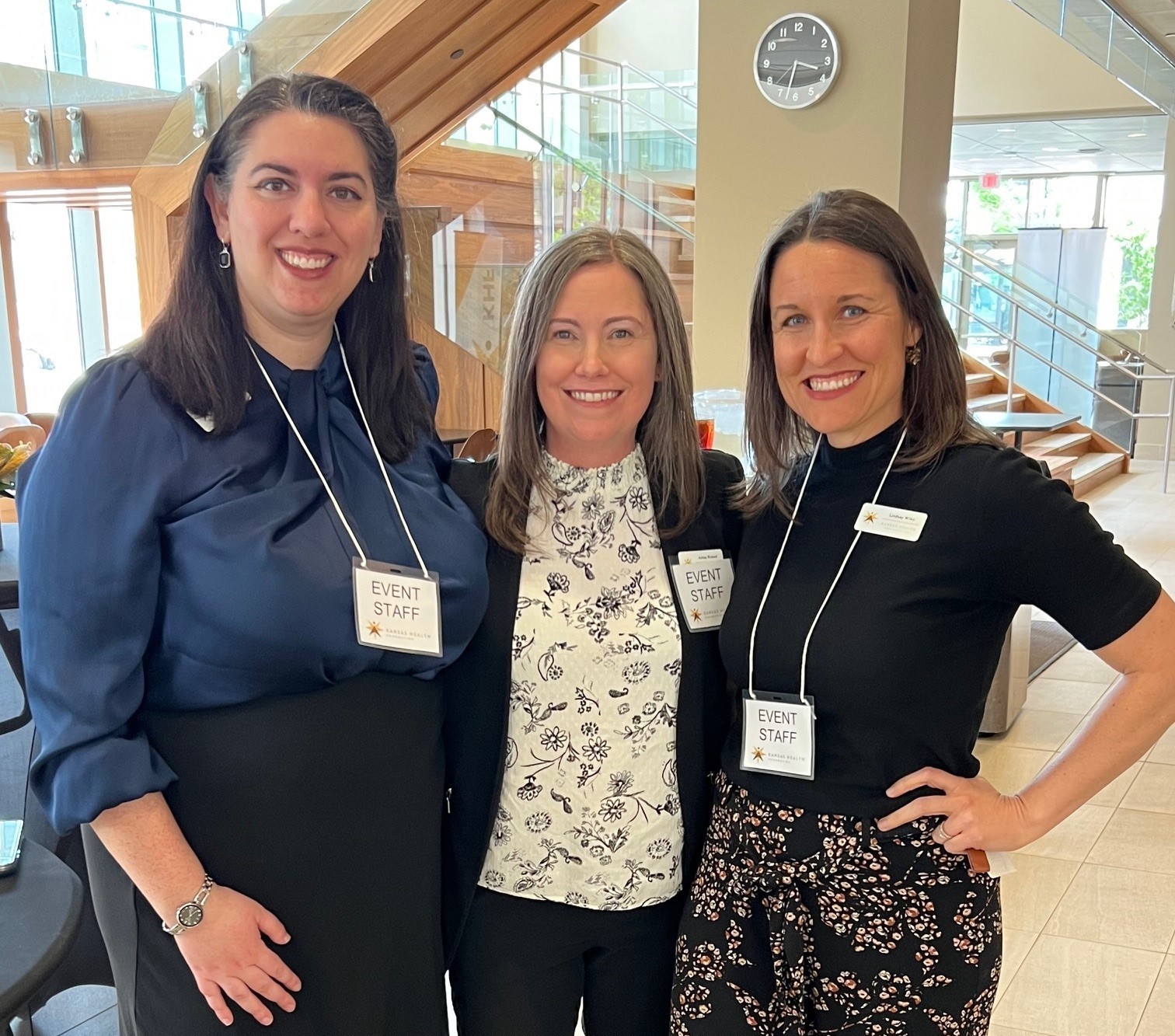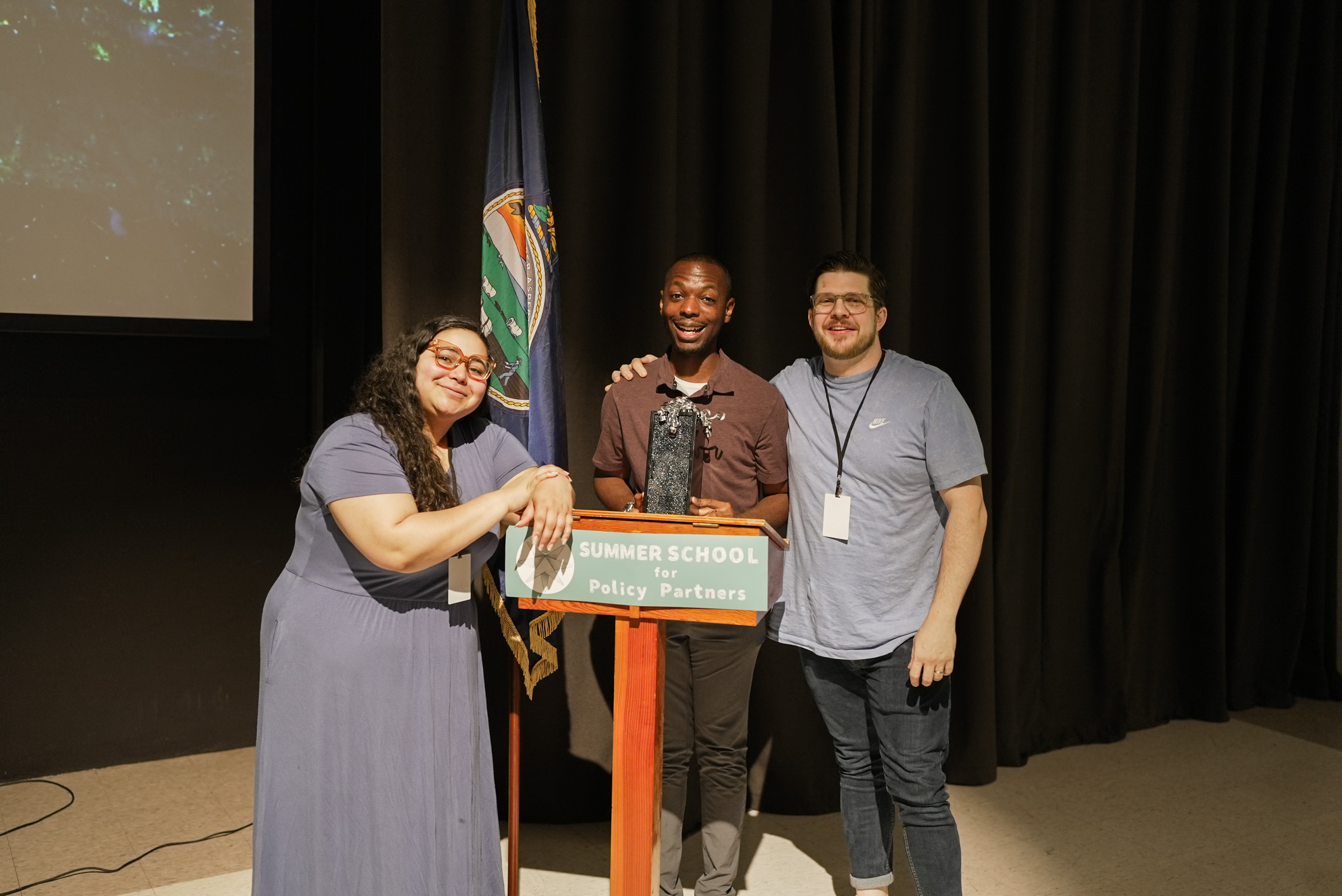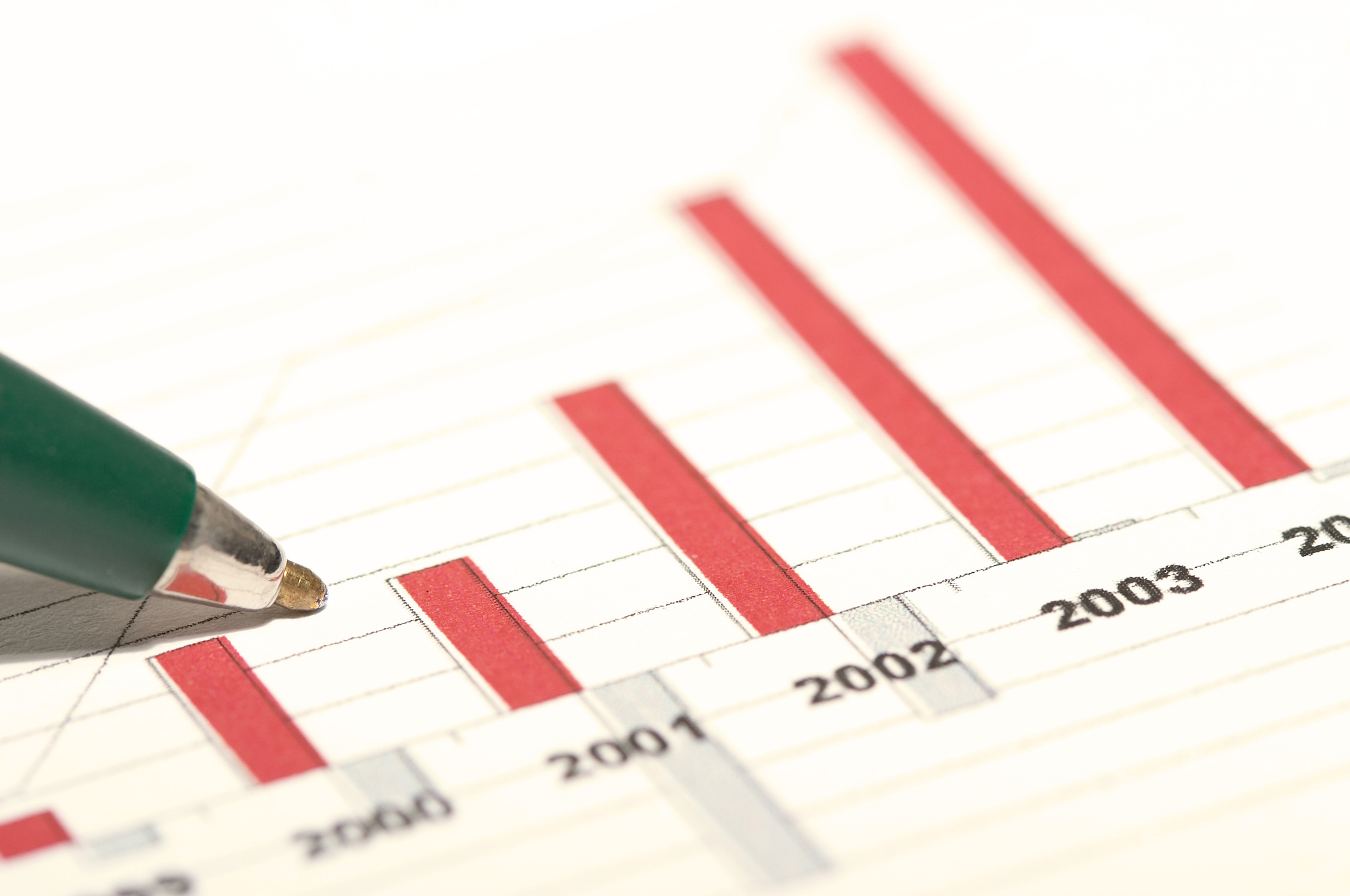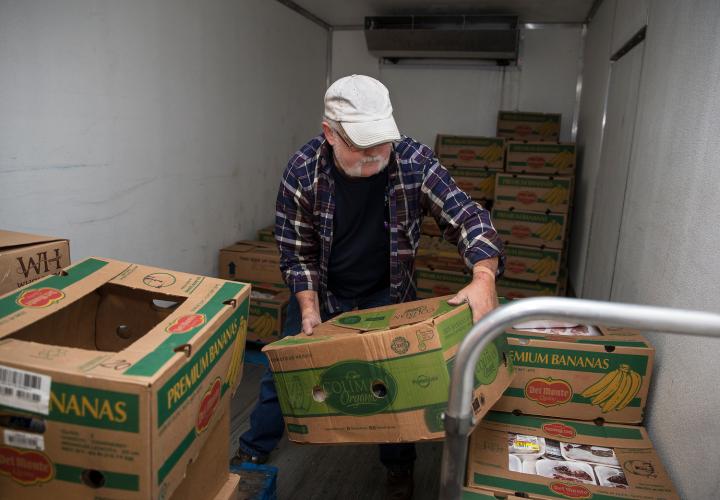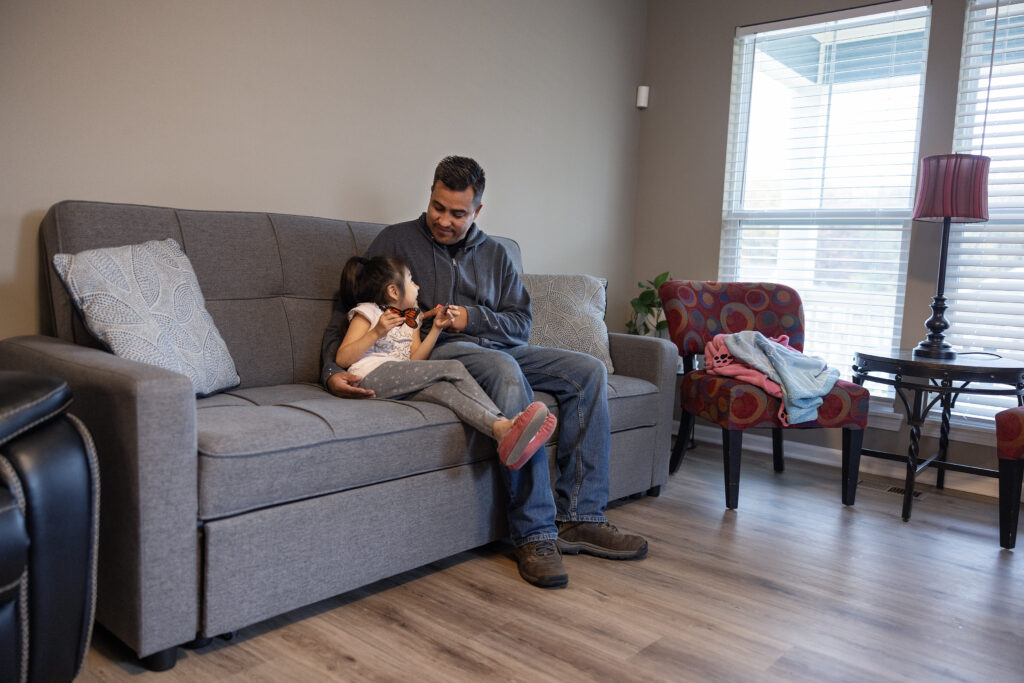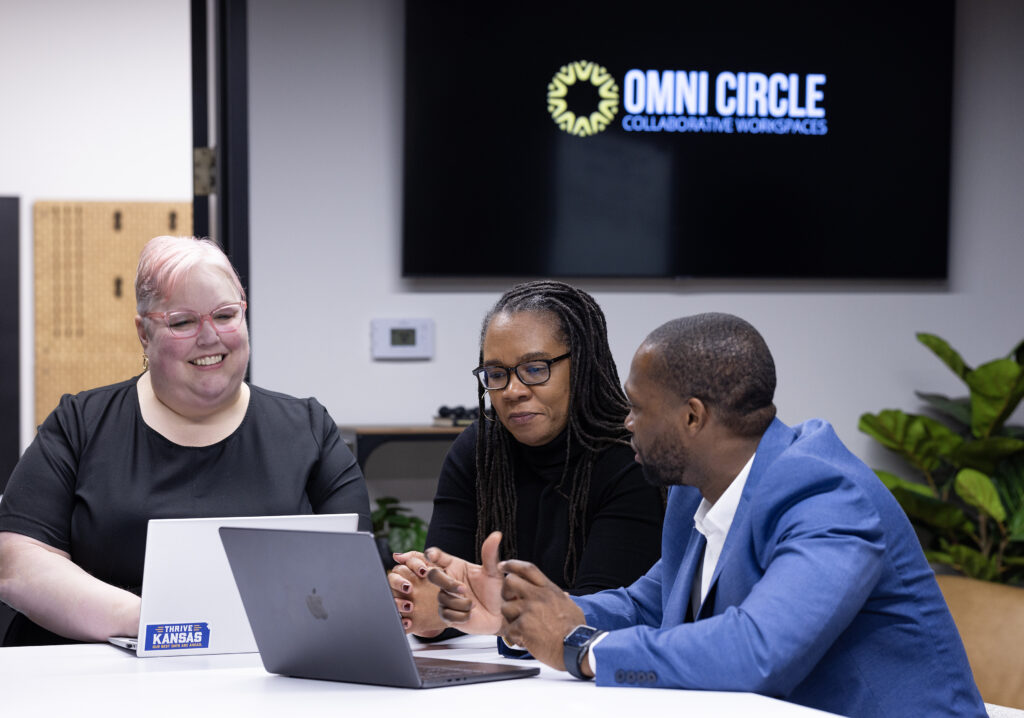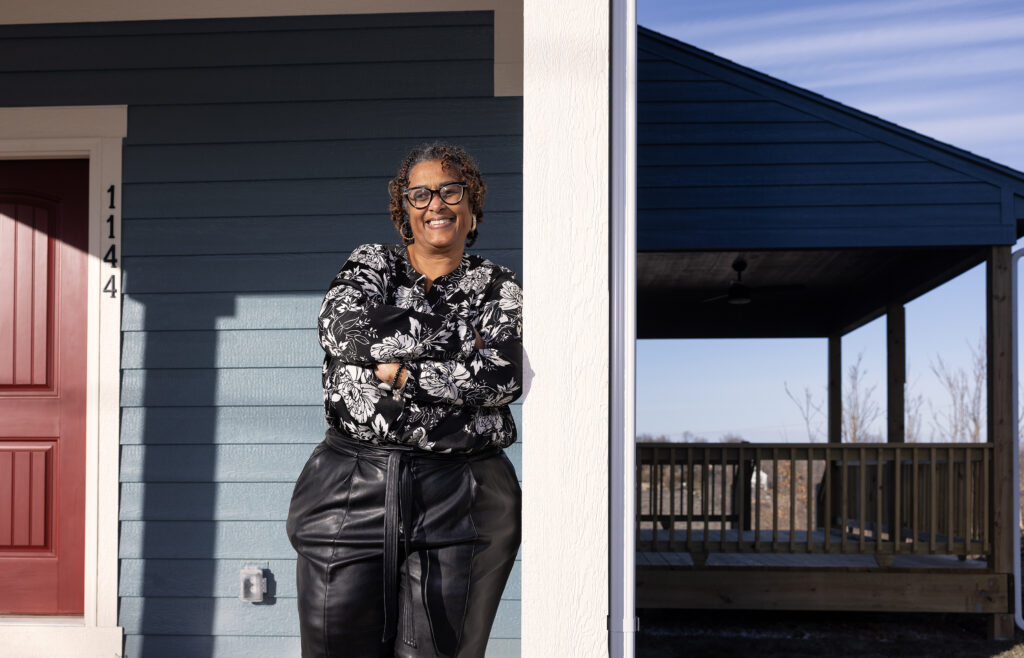Innovation and problem solving are key tenants of both the business sector and academia. When the collective energy of these two sectors form a unique public-private partnership, the results can break new ground for industries and communities.
Thanks to the dedication and cooperation of several organizations, specifically Kansas State University and the grocery chain Dillons, 2013 marked the beginning of an effort to reduce food waste and serve those in need in south central Kansas.
This was when the Pollution Prevention Institute (PPI) at K-State began a Food Recovery Challenge program which placed interns at local Dillons grocery stores, working side-by-side with associates day after day to identify opportunities to reduce food waste. A $25,000 grant from the Kansas Health Foundation helped pay for personnel, travel, and supplies for two interns over two summers.
Nancy Larson, director of the PPI, said the first mission was to reduce waste at the source, because “by wasting food, we’re wasting energy, land, and water.†That first year, intern Kara Hall’s recommendations were estimated to reduce waste by nearly 50 tons annually.
“Dillons took the key recommendations and implemented them across the board at their stores in Wichita,†Larson said. “It’s a huge credit to Dillons and their management that they implemented the recommendations immediately.â€
In 2014, a second intern, Bintou Bayo, worked with other Dillons stores to find ways to reduce waste that ends up in landfills. Bayo identified further food redistribution opportunities, which in turn led to a 95 percent increase in perishable food donations to the Kansas Food Bank.
“Bintou actually rode with the Kansas Food Bank donation collectors to figure out the barriers to donating,†Larson says. “There’s often a disconnect with these programs, which is why our interns do hand-on work to gather meaningful, measurable data.â€
In one store, the bakery went from donating approximately 93 pounds of food per month to 615 pounds in the first month after implementing Bayo’s recommendations. Brian Walker, president and CEO of the Kansas Food Bank, said there’s no doubt the program is making a difference.
“We’ve been working with Dillons for a number of years,†says Walker. “And they know that anything that’s still nutritious and has value, we can use.â€
This includes nearly everything at the stores: frozen fresh meats, fresh produce that’s still good, but maybe not “pretty enough†to display, and dry goods with damaged packaging.
“In past years, that might have gone to the landfill, but it’s still good product and we can serve more folks with it,†Walker said.
Donations to the Kansas Food Bank from Dillons totaled nearly 1.9 million pounds of food in 2014, which equates to about 1.5 million meals served. Walker says that total is higher than previous years, and donations in 2015 are on pace to exceed 2014.
Sheila Lowrie, media relations manager for Dillons, says the program is still going strong in Wichita, due in large part to the recommendations from the project interns. She said the program has been adopted citywide, and many recommendations have been implemented in stores across the division. In fact, the program has been so successful, Kroger CEO Rodney Mullen is creating a spotlight video in recognition of Dillons’ efforts to “reduce food waste, provide meaningful perishable donations, and uphold sustainability commitments.â€
For one of the individuals involved, the Food Recovery Challenge program not only impacted the community, it also led to a career.
“With her outstanding commitments to sustainability, Bintou Bayo was hired as our Division Energy Manager for Dillons stores,†Lowrie said. “We are thrilled to have her on our team.â€
PPI’s Nancy Larson says the case studies for both years of the program have been presented at national conferences, and always generate positive reactions. She says people are beginning to understand the importance of programs like this, and are eager to learn from a successful model.
“It really hits home because people love food,†she said. “We all have that in common, and we are finally beginning to realize how much we waste.â€


